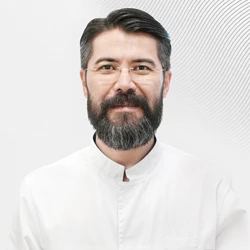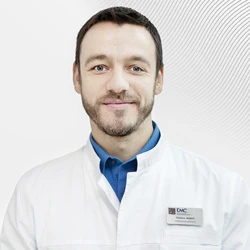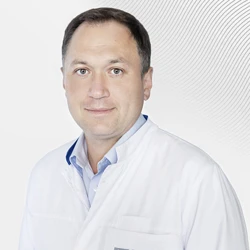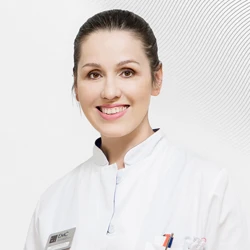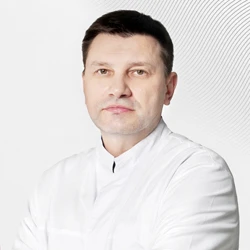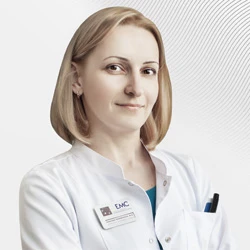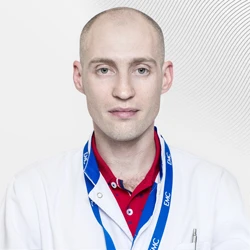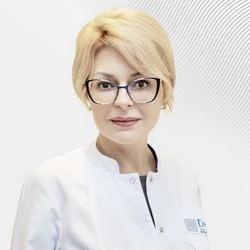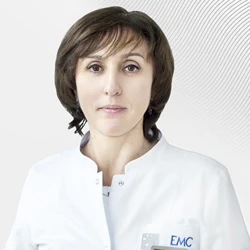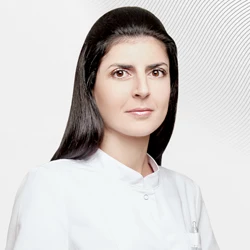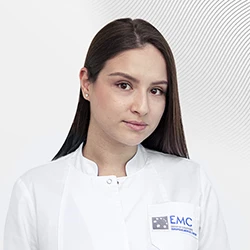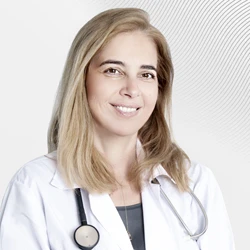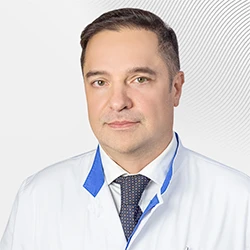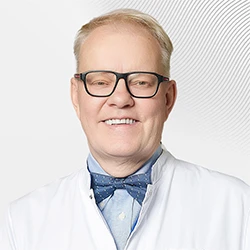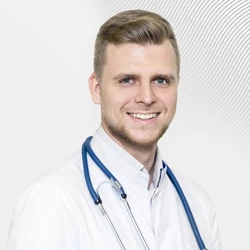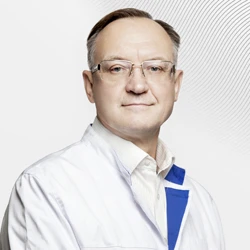Chemotherapy in oncology
The purpose of chemotherapy
Chemotherapy is drugs that destroy cancer cells. Most of these drugs enter the bloodstream, enter all areas of the body with it and affect any foci of cancer. They are prescribed as the main and only way to fight tumors, and in conjunction with surgery, radiation, hormonal, targeted and immunotherapy.
Such substances are used both for treatment and for containment or control of the disease: even if it is not possible to completely destroy the neoplasm, the "chemistry" reduces its size or does not allow it to increase.
Another possible method of application is palliative therapy. Doctors prescribe it in cases where a person cannot be completely cured, but it is possible to alleviate his symptoms and improve his well-being.
How are chemotherapy courses performed?
Medicines are available in the form of tablets, liquids, capsules, ointments and creams, but most of them are solutions for injection or infusion – slow injection from a syringe or dropper:
- subcutaneous – most often in the skin fold of the abdomen, thighs and forearms;
- intrathecal – into the spinal canal and the fluid surrounding the brain and spinal cord;
- intraarterial – into an artery located next to the tumor to maximize damage to the neoplasm and minimize stress on other areas of the body;
- intrapleural – into the space between two layers of lung tissue covering;
- intracavitary – into the bladder, pleural and abdominal cavities;
- intramuscular: usually in the thigh or buttocks, so medications are absorbed more slowly and take longer to act;
- intracoccal or intracellular – actually in the neoplasm;
- intravesical – into the bladder.
Frequent punctures and the drugs themselves injure blood vessels and make it difficult for blood to be drawn and medications to be delivered. Patients who require long-term treatment and regular injections are recommended to install < span style="color: #790000;">port or central venous catheter. It is placed under the skin on the chest and does not interfere with its owner.
Drugs for chemotherapy
Today, at least 150 drugs for treatment cancers with different properties. They damage, alter or prevent the possibility of copying the DNA molecule, which contains all the information about the body. Such agents destroy cells that are preparing for reproduction, or are already in the process of dividing. The combination of such substances affects tumor and healthy cells at different stages of their life cycle, but it has virtually no effect on those that are at rest, meaning they are not going to create copies of themselves.
In the fight against cancer, not only drugs for which clinical trials have been conducted and treatment regimens have been developed can be used, but also their cheaper generic counterparts.
At the EMC Institute of Oncology, chemotherapy is performed only with original drugs that are safe and guaranteed to be effective, minimizing possible complications.Frequency and duration of chemotherapy
A course consists of several cycles, usually from 4 to 8, involving taking one or more medications daily, weekly, or monthly. Each of them alternates with a rest period necessary for healthy cells to recover from the effects of drugs.The duration of therapy is calculated individually, taking into account the characteristics and situation of each individual, the type and stage of the disease, the goals and objectives of the procedure, the type of "chemistry" and the patient's reaction to it.
What is chemotherapy like?
Chemotherapy can be:
- Neoadjuvant surgery performed before surgery to reduce the tumor and facilitate its extraction.
- Adjuvant, prescribed after surgery or radiation therapy to destroy any remaining tumor cells.
Chemotherapy without hair loss
Chemotherapy destroys any rapidly dividing cells, even healthy ones. Most of them recover after the end of treatment, and in some cases their damage can be prevented.
EMC clinics use < span style="color: #790000;">unique technology to avoid alopecia. Paxman's special ORBIS II "cold helmet" cools the scalp before, during and after a therapy session, and causes spasm – constriction of its vessels. As a result, it receives less blood containing drugs, the hair follicles are not injured and a larger percentage of them is preserved.
Preparation for chemotherapy
The preparation depends on the type of prescribed medications and the method of their administration. Before starting it, the oncologist or medical staff gives clear instructions, explains how the course of chemotherapy works and tells you exactly what needs to be done. Patients usually require:
- Examination and delivery of tests that allow specialists to make sure that the body is ready for therapy.
- Rest and sufficient, but not excessive physical activity, which allows all organs and body systems to work properly and recover quickly.
- If prolonged intravenous administration of drugs is necessary, the doctor may recommend the installation of a port or a central venous catheter.
- A visit to the dentist to treat all existing infections, the presence of which increases the risk of complications.
- Preparation for the first session. Be sure to check with the doctor how many hours and what foods you can eat before and after the procedure, and find out all possible side effects.
- Organizing the help of loved ones, which may be needed if their health deteriorates. It is advisable to plan time off from work, taking care of children, walking pets, and other activities in advance.
- Planning for side effects. Modern science is already able to prevent some of them, such as hair loss, and if infertility is at risk, options for preserving sperm or eggs for future use can be considered.
How long does the course of treatment last
Usually the course of chemotherapy takes from 3 to 6 months. Its duration depends on the type of cancer, its stage and the patient's condition.
This duration is explained simply. The fact is that "chemistry" affects only those cells that are in the process of multiplying, that is, dividing into two, and has almost no effect on all the others. At the same time, ordinary cells recover faster than tumor cells. Thus, each cycle causes more and more damage to cancer, without causing irreversible damage to normal tissues.
What diseases are indicated for chemotherapy?
Chemotherapy can be prescribed for:
- < span style="color: #790000;">colorectal cancer;
- leukemia;
- Hodgkin's lymphomaand non-Hodgkin;
- mesothelioma;
- < span style="color: #790000;">melanoma;
- multiple myeloma;
- aboutsteosarcoma;
- anal cancer;
- vaginal cancerand vulva;
- laryngeal cancer;
- stomach cancer;
- cancer of the bile ducts;
- breast cancer;
- bladder cancer;
- lung cancer;
- cancer of the uterus;
- cancer of the adrenal glands;
- cancer of the nasopharynx;
- liver cancer;
- paka esophagusa;
- pancreatic cancer;
- cancer of the oral cavity, nose and paranasal sinuses;
- penile cancer;
- kidney cancer;
- prostate cancer;
- cancer of the salivary glands;
- cancer of the small intestine;
- cervical cancer;
- thyroid cancer;
- ovarian cancer;
- soft tissue sarcoma;
- diseases affecting bone marrow and blood cells;
- disorders of the immune system to reduce its activity;
- and other malignant tumors, the cells of which can grow into surrounding tissues, destroy them and create metastases – additional foci of the disease in various areas of the body.
Complications after chemotherapy
The most common side effects of chemotherapeutic drugs include:
- nausea and vomiting;
- diarrhea and constipation;
- loss of appetite;
- hair loss;
- constant fatigue;
- elevated temperature;
- pain in different areas of the body;
- mouth ulcers;
- bleeding; and the appearance of bruises on the body.
- lung tissue damage;
- heart problems;
- infertility;
- kidney malfunction;
- nerve damage; and the risk of developing a second cancer.
Sources:
- https://www.cancerresearchuk.org/
- https://www.cancer.org/
- https://www.ncbi.nlm.nih.gov/
- https://www.nih.gov/
Chemotherapy at the EMC Institute of Oncology
The European Medical Center is successfully implementing a personalized approach to the use of chemotherapy. Comprehensive diagnostics allows us to analyze the nature and prevalence of the tumor process and act with precision. At the same time, international protocols recommended by leading organizations in the field of cancer research – NCCN, ASCO, ESMO - are used. Thus, chemotherapy in Moscow is carried out according to the highest international standards.
- The treatment uses the most modern and effective foreign-made medicines that cause the least adverse reactions.
- For long-term infusion treatment, a subcutaneous implantable port system is installed, which provides regular blood sampling necessary for treatment. At the same time, there is no injury to the veins, as during regular catheter installations.
- The treatment is carried out under dual medical and nursing supervision.
- Nurses who have completed specialized training at Hadassah University Hospital, Israel, have the knowledge necessary to work with cancer patients.
- In the absence of contraindications, chemotherapy is performed in a day hospital. This allows the patient not to feel disconnected from the usual conditions of life and family. Chemotherapy in a one-day hospital significantly optimizes treatment costs.
Make an appointment for a consultation and we will contact you for more details
Why the EMC
The first and only clinic in Russia, created in the image of the world's leading clinics
EMC is a multidisciplinary center offering patients a high level of medical services and a personalized approach
Worldwide recognition and awards
 Learn more
Learn more
Worldwide recognition and awards
 Certificates and licenses
Certificates and licenses
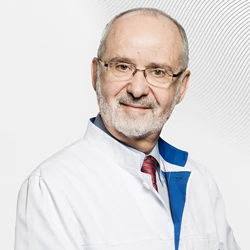
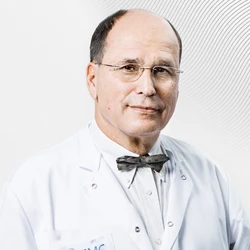
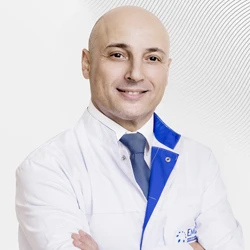
.webp)
